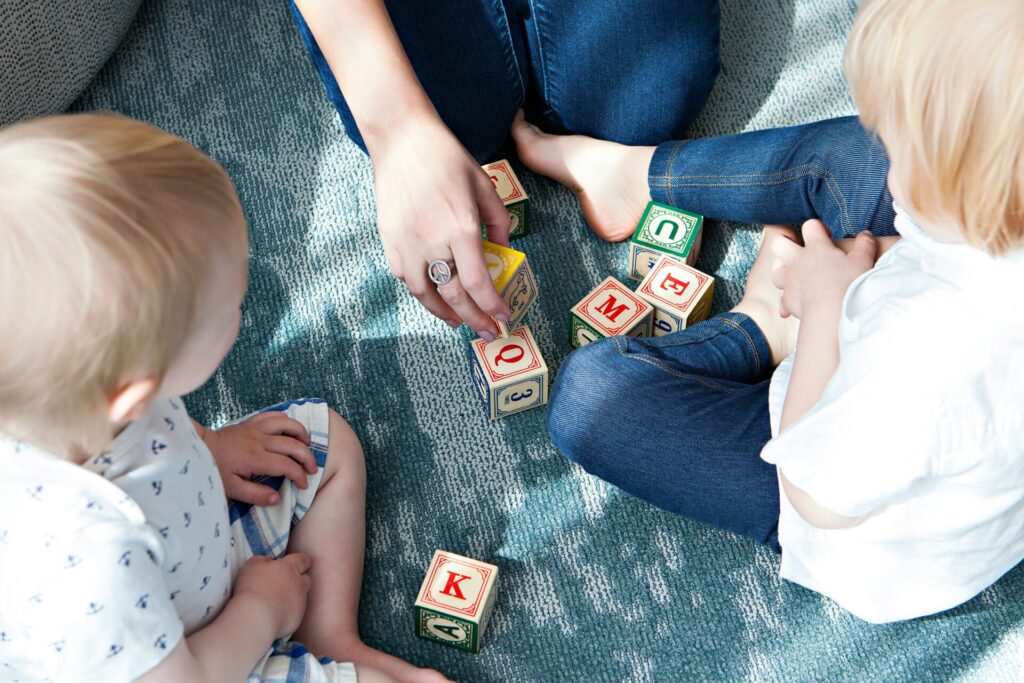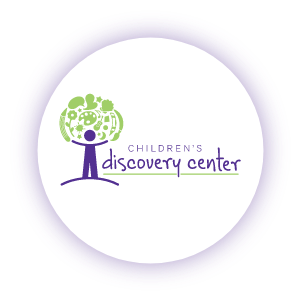
Play is one of the 100 languages of children—a natural activity that brings joy, creativity and discovery. However, when we look closer, play is much more than just fun; it’s an essential part of learning and development, especially in our early years. Play-based learning leverages this natural behavior to create meaningful, engaging, and educational experiences that shape a child’s growth.
Play-Based Learning Explained
Play-based learning is an educational approach that leverages play as the primary mode through which children explore, interact and understand the world around them. Play takes many forms, including cooperative play, fantasy play, constructive play and more.
Unlike more traditional methods that focus solely on structured lessons, play-based learning often uses open-ended activities that encourage children to think creatively, develop social skills and solve problems in a way that feels enjoyable and natural.
In play-based learning, children take the lead while adults simply steer the process. This could mean guiding a child’s discovery during a building project or sparking conversations about their pretend play scenarios.
At Children’s Discovery Center, our Reggio Emilia-inspired teaching philosophy leverages this approach’s child-centered nature to help young learners become active participants in their education, setting a strong foundation for lifelong learning.
The Benefits of Play-Based Learning
The advantages of play-based learning are numerous and backed by research. Benefits of this approach can include:
- Enhanced Cognitive Development: Play encourages critical thinking and problem-solving. According to the American Academy of Pediatrics, play contributes to the development of cognitive skills such as working memory, problem-solving and reasoning. Children who engage in play that stimulates curiosity tend to perform better in academic settings.
- Social and Emotional Growth: Play-based activities often involve cooperation, role-playing and turn-taking, all of which build social skills and emotional intelligence. Research from the National Association for the Education of Young Children (NAEYC) highlights that play can improve empathy, communication and conflict-resolution skills.
- Healthy Physical Development: Activities such as outdoor play, dancing and building with blocks help improve gross and fine motor skills. These physical tasks are essential for overall health and coordination, setting the stage for more complex movements as children grow.
- Creativity and Imagination: Pretend play, such as role-playing scenarios, allows children to express themselves and think outside the box. This creativity is not just beneficial for childhood but lays the groundwork for innovative thinking later in life.
Play-based learning also helps children develop essential skills for the future. These include teaching problem-solving and decision-making skills, encouraging collaboration and fostering resilience and adaptability.
Supporting Play-Based Learning at Home
Parents play a crucial role in nurturing a supportive learning environment. These simple, effective methods will help you incorporate this approach at home:
- Encourage unstructured play. Allow children to choose their activities and create their own rules. For example, let them build with blocks without specific instructions or explore their artistic side with paints.
- Join in the fun! Engage with your child in their imaginative worlds. Whether it’s playing pretend in a “grocery store” or building a fort together, this shared time helps develop communication and deepens the parent-child bond.
- Provide “open-ended” toys. Items like building blocks, dress-up clothes and art supplies are versatile and promote creativity in play.
- Ask open-ended questions. Instead of asking, “What are you making?” try, “Can you tell me about what you’re building?” This approach invites children to express their thought processes and engage in storytelling.
Foster Your Child’s Love of Learning
For more than 40 years, Children’s Discovery Center has helped guide and expand the minds of Toledo’s youngest explorers. Our dedicated staff nurtures children into lifelong learners by providing an innovative environment that promotes self-led discovery. Contact us today to learn more about our Reggio Emilia approach to learning, register your child and tour our facilities.
 419-867-8570
419-867-8570